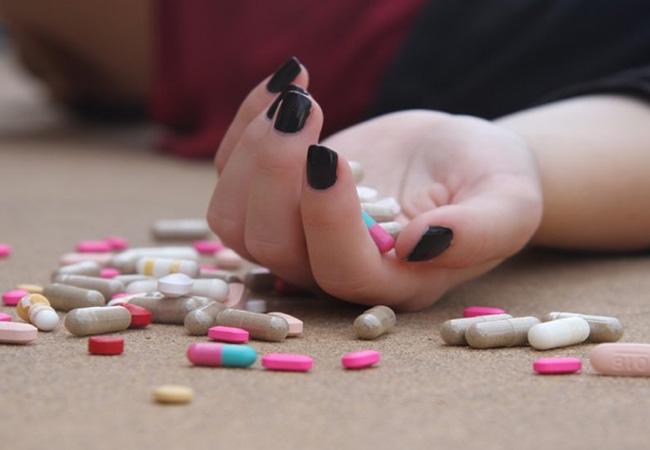Substance Abuse Treatment Program: How Can I Help My Loved One?
Addiction does not happen in a vacuum. If you have a loved one who is struggling with addiction or alcoholism then you know that friends and family are affected by the addiction as well. It can be difficult to watch a loved one fall into the pit of addiction. Especially if you have no idea how to help. Read on to learn of some ways to help your loved one battle addiction. Also, what to expect from a substance abuse treatment program.
Know the Signs
The most important way you can help a loved one is to be educated about addiction. If you know the signs and symptoms then you have a head’s up on what is happening. Too often, families are caught completely unaware of the severity of an addiction when it does come to light and are then too stressed out and worried to effectively help. While each addiction comes with unique signs and symptoms, some are pretty common to all addictions. These include developing problems at work or school, lying about substance use even with evidence to the contrary, becoming angry when asked about addiction, and even changing friend groups. Furthermore, the person may have secretive behaviors, lie, show behavioral changes, and even take part in criminal behaviors. You may also see physical changes such as weight fluctuations, poor hygiene, exhaustion, and memory issues.
You must remember that even if these signs are present or obvious, you may be met with resistance when trying to discuss the issue. Addicts can often deny a problem or become angry, avoiding confrontation. This is normal, but you must not get angry, keep trying. The road to recovery starts with a substance abuse treatment program.
How to Help
While there are several options for helping someone with an addiction. You must first remember that you can try, but until the addict is ready to change, it is not likely that rehab or recovery will happen. This does not mean you should stop trying. However, you should be realistic in your expectations and not take relapses as a personal failure. As you start this journey with your loved one or continue the journey, try to remember these six things prior to entering a substance abuse treatment program.
Don’t be an enabler
While watching someone spiral out of control can be difficult and heartbreaking, you must not enable the behaviors by enabling. The person must still be responsible for themselves, their finances, and daily responsibilities. Allow them to be responsible for themselves, even if it is difficult. You can still love a person without enabling them.
Be compassionate
Make sure you are emphasizing concern and care with an understanding that the person is working on their addiction, if they are. Be willing to attend family therapy and listen when things are shared. Additionally, ask open questions and truly acknowledge what is being said.
Don’t focus on guilt
It can be hard to not blame the addict, but focusing on guilt and shame are counterproductive. Try not to judge.
Encourage health
This does not mean a focus on not using, though this is part of it. Instead, help the person to stay active physically as this will help the body heal and keep the person busy doing something other than using.
Remain positive
Addiction is a long term issue that can destroy a life and the lives around it. Stay hopeful that the addict can get help when they are ready. There is always hope.
Care for yourself
Helping a loved one deal with addiction is exhausting and frustrating at times. Make sure you take care of yourself, take a break when needed, and join a support group to help you through the tough times, while celebrating victories.
Final Thoughts

You cannot force an addict into recovery. There will be times you want to give up and sometimes you may have to remove yourself for your own health. Keep positive and take care of yourself so you can continue to help when ready.
CLICK HERE to get a Free Confidential Addiction Rehabilitation Assessment.


















